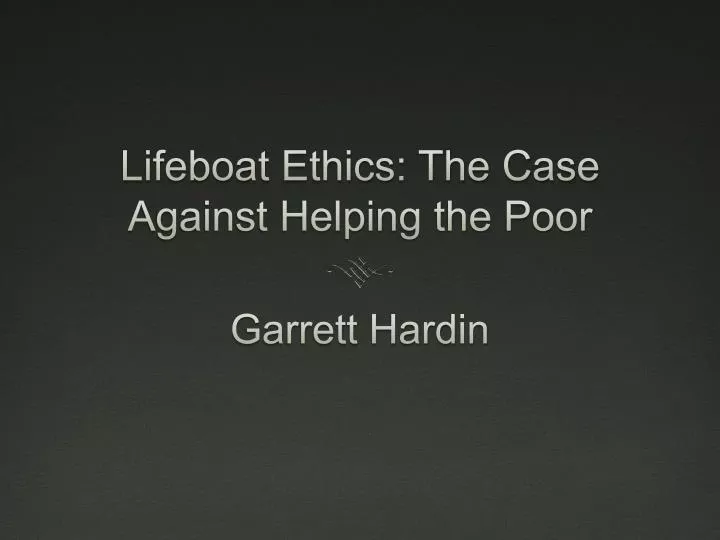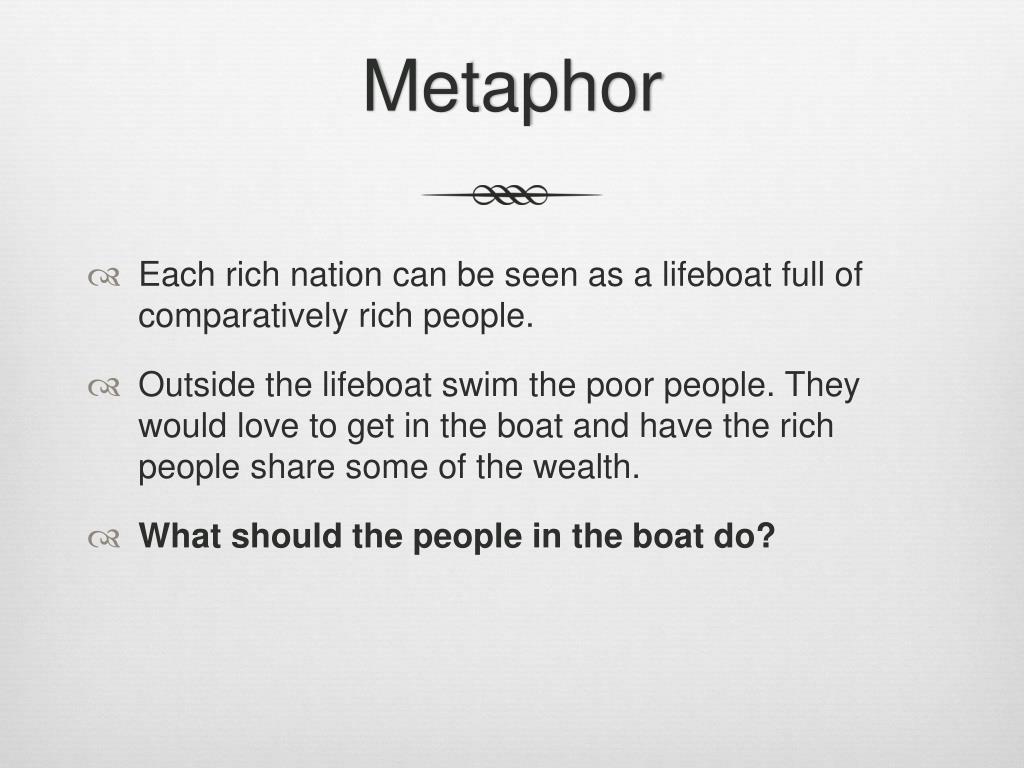

According to the argument, this explanatory constraint rules out a rationalist strategy since we can satisfy the constraint – and thus understand the nature of intentional agency – in a minimalist way leaving no ground for morality and ethics in action. The counterargument starts out from the assumption that an account of intentional agency must be able to explain how and why an agent acting intentionally will have to know – without needing to make inferences or observations – what she is doing and the reason why she is doing it. I examine, discuss and ultimately reject a counterargument to this rationalist strategy. Just as a knife must be sharp in order to be a good knife, they would say, a rational human agent must be morally good in order to be rational or good at being an agent in the world. According to rationalists, an account of what it is to do something intentionally or for a reason can be used to vindicate morality because it allows us to recognize that only the ethical life will be in harmony with the standards that determine what good or well-performed actions are. Why should one be moral or lead an ethical life? And what – if anything – grounds the normative authority of morality? The following thesis takes off from a discussion of what has become a traditional strategy for answering this question – what I refer to as Ethical Rationalism – which seeks to ground the normative authority of ethics and morality in the nature of actions and the essence of human.

The first question of the paper is: In what sense can the Aristotelian ethics be inspiring for our contemporaries?. The streams share a certain criticism of contemporary prevailing moral theories (such as utilitarianism and Kantian conceptions), whereby they either completely dismiss them, or critically accept some of their ideas.

The other one focuses on the problems concerning the plurality of values and related problems of the role of reason in good life, of practical rationality, on the role of emotions and contingency in human life. good life together with the problem of human character. One stream of moral philosophy brings the problem of a. Among the fundamental themes, which became the subjects of the discussions and were influenced by this ,come back" to Aristotelian ethics, is also the problem of a good life. In the 1970s we witnessed a great revival of the interest in Greek moral thought initiated by many ethical thinkers who were inspired by Greek philosophical legacy.

I also propose that international aid is possible with overpopulation amelioration, especially when conducted by third party and non-profit agencies. My response to this potential counterargument has two parts: on one hand, the stability of Hardinian bipolarity is established upon the Rational Actor Model wherein theoretical utility-maximization does not guarantee stability in reality especially under the influence of contingent factors on the other hand, even if Hardinian bipolarity guarantees stability of societal systems, Lifeboat Ethics does not possess strong theoretical strength to give practical moral guidance. My opponents may propose that population reduction gives rise to a Hardinian bipolar world that eventually stabilizes itself. In response, I argue that Hardin’s solution to the “Tragedy of Commons” denotes perpetual population reduction, which inevitably entails systematic instability that diminishes people’s welfare. Yet the absence of supreme coercive authority to enforce fair sharing gives ample incentive for rule violation, as states attempt to maximize self-interest in disregard for the eventual collective ruin, which Hardin refers to as the “Tragedy of Commons.” Since other states act both as sharers and opponents, a state should aggressively eradicate them to ensure its survival. The global resources are finite and states ideally should share it equally for maximum collective interest. A utilitarian, Garrett Hardin in his Lifeboat Ethics argues that an international state should refrain from sharing resources with and providing help for other states to maximize its people’s welfare.


 0 kommentar(er)
0 kommentar(er)
